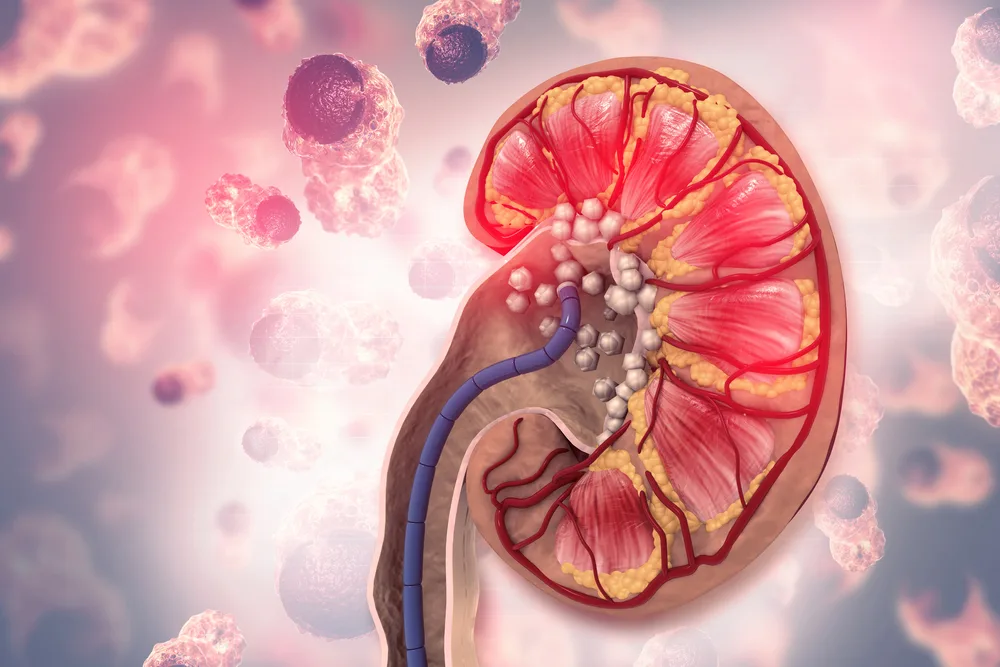Table of Contents
Identifying the early signs of labor helps you prepare for the baby’s birth. Therefore, you must pay attention to these signs as they are important.
It can include contractions, body pain, and many other symptoms. Also, there can be false labor signals too. Hence, recognizing the real signs is important. To help you, here is a complete guide on identifying labor symptoms.
Let’s have a look!
The Four Stages of Labor: An Overview

Labor, also known as childbirth, is when your baby leaves the womb (uterus) (1). This process has continuous contractions, which cause changes in the cervix (2). Moreover, the muscles’ relaxation and contraction help the baby push out.
You may have an estimated delivery date which can alter for many reasons. However, if you are near the due date, you must know the signs of labor. It will help you prepare for the birth.
Also, you must call your healthcare provider or visit them if you notice any early signs of labor.
It is generally divided into four stages:
Early labor: The signs of labor are experienced in early labor. For example, there are irregular and mild contractions (3). This is a very initial stage, and you may or may not identify it. Also, your water can break, and you should call or visit the doctor (4).
Active labor: As soon as you notice the contractions and pain. You must see its patterns. In active labor, strong and regular contractions will become more intense. Also, your cervix begins to dilate from 6 centimeters (cm) to 10 cm at this stage (5).
Transition: This is a bit painful and the last part of active labor. It lasts from 60 to 90 seconds. You will feel pressure in your lower back and rectum at this stage. Also, there will be an urge to push the baby (6).
Delivery of the baby and placenta: This stage may last a few minutes to hours (7). At this stage, you will deliver the baby. Finally, the contractions will end, and you will feel much better.
Soon after, the doctor will examine the placenta and deliver it. They must ensure no piece of placenta is left in the uterus to avoid any infection (8).
Finally, you can hold your baby and cherish the beautiful moments.
Early Sign of Labor: The First Clues
The labor begins with gradual signs. Here are some first clues of early labor:
Nesting instinct: Many women notice a nesting feeling days before labor (9). For example, there will be a sudden surge of energy. You will feel like preparing the room for the baby etc.
Lightning: It’s a stage where your baby drops a bit. After lightening, you may feel lighter as the baby doesn’t press the diaphragm (10). It can happen weeks, days, or hours before labor.
Mild contractions: You may feel pain originating from the back and moving down to your abdomen. Also, there can be mild contractions (11).
Loss of mucus plug: You can also experience vaginal discharge, little blood show, etc (12). This thick discharge (mucus plug) from the vagina is what seals your cervix (13, 14). It can be a sign of early labor if you notice this.
Dilation: You may notice thinning of the cervix. Also, there is dilation which can be felt with the hand (15).
If you notice all these signs, go to the hospital or call your doctor.
There can also be false labor and Braxton-Hicks contractions. These false signals may sometimes tell you that you are going to labor (16, 17). However, the false labor contractions are not regular and don’t intensify with time. Also, they may go away if you change position or divert your attention (18).
So, it’s important to identify the true and false labor.
Signs of Labor Approaching: What to Watch For
Here are the signs and symptoms of approaching labor:
Aches and pains: You may notice overall body pains (19).
Mood swings: There can be sudden bursts of emotions, sadness, fear, and anxiety (20, 21). But, support from loved ones and companionship can help to manage the mood swings.
Fatigue: You may also have episodes of fatigue and low energy (22).
Early Labor Symptoms: Navigating the Initial Stage
Here are the symptoms of the initial stage of labor:
- There can be severe aches in the body, which include backache, tummy pain, leg cramps, etc. (19)(23).
- Your water may break. It is the process of the prelabour rupture of amniotic sac membranes. The water break has an amniotic fluid, a sign of labor (24).
- You will have regular and intense contractions and pain throughout your body.
- There can be vagina discharge of mucus plug.
- You may also have cervix dilation (25).
If you have any of these symptoms, you should visit the hospital or call the doctor.
Tips for Expectant Mothers: Navigating the Stages of Labor
Here are some tips for expecting mothers:
- You should notice the changes in your body. It can be cervix dilation, body pain, etc.
- Prepare the hospital bag.
- Exercise or try relaxing (26).
- Have a nutritious diet (27).
- Always be around your loved ones (19).
- Keep your doctor in the emergency contacts and tell your symptoms to them regularly.
What are 5 of the signs of early labor?
The top five signs of early labor are contractions, cervix dilation, lightening, body pain, and vaginal discharge.
How do you feel days before labor?
You may feel like your body is preparing for the baby. Also, you may feel emotional and have a sense of fear. In addition, aches and other symptoms can be common.
How do you feel 24 hours before labor?
You may feel mild contractions. Also, there can be body aches, mood swings, lightning, and vaginal discharge. In addition, you may feel unusual. Therefore, you must discuss the symptoms with your doctor.
Summary
These were some signs of labor. The gestation period is a magical journey where your body nurtures a baby to prepare for birth. As your due date approaches, you must seek advice from your doctor. Ask them for the signs you should look for to identify the onset of labor.
This will help you stay confident and strong. Also, stay in touch with your doctor, prepare your hospital bag, and stay ready. Surround yourself with your loved ones. Moreover, you must tell others and your doctor if you notice vaginal discharges, pain, belly lightening, or dilation.
With the right professional advice, you will identify and prepare for the labor. So, stay alert and have a happy pregnancy.

















Comments
0